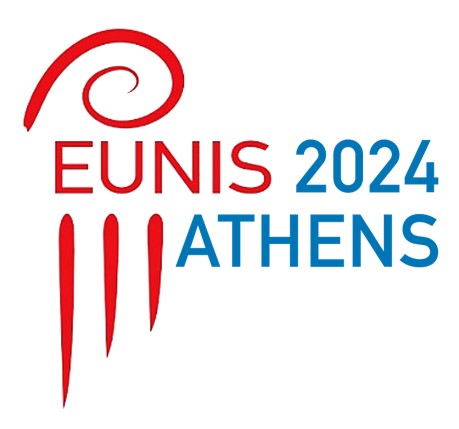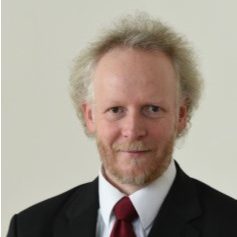This session consists of two presentations looking at Digital Transformation issues.
Featured Speakers
Markus von der Heyde, SemaLogic / vdH-IT, Weimar:
Principles, organisation, and methods of digitally transformed universities #50
Higher education institutions (HEIs) face challenges in adopting digital practices.
Neither newly founded nor existing institutions can yet be considered digitally transformed. One important reason for this is the lack of experts which are capable of driving digital transformation (Dx). This shortage of skilled labour for Dx is not only visible in HEIs but throughout society. The solution to this shortage may lie in providing qualified teaching of Dx at the university level in a highly digitised ecosystem that applies Dx to itself.
Experiencing digital transformation in problem-based learning scenarios can facilitate a deeper understanding of the methods involved. Breaking up academic programmes into smaller learning units may facilitate lifelong learning and professional development, particularly for experienced individuals. This paper presents the organisational, educational, and scientific perspective of the Digital University (DU) as a digital ecosystem which implements this vision for society. The highly interrelated principles between the core functions of the DU enable optimal growth as well as financial and environmental sustainability. The paper discusses bootstrapping new institutions as well as transforming
existing universities into this digital ecosystem. In consequence, this paper envisions the DU as a realistic future scenario, which might develop a disruptive power enabling Dx for all HEIs in the long run.
Download the presentation
Tuula Heide1 and Hanna Nordlund, CSC – IT Center for Science LTD, Finland:
Supporting digital transformation and competence building nationally: Case Digivisio 2030 program #51
Digivisio 2030 is a joint program of higher education institutions (HEI’s) in Finland with an objective of creating a national digital service platform: Opin.fi. Opin.fi will enable compatibility of digital services, provide guidance based on digital pedagogy and curricular data as well as learner’s data, and make the data available for individuals and society.
In order to support change that all the HEIs encounter when facing the future of the changing world, Digivisio has launched a change management program. In the program, we are continuously identifying the change impacts of the Digivisio. In practice, we support deploying solutions of the Opin.fi -service, provide support for networking, and produce impact information. Derived from the change impacts, HEIs have their own change management plans based on their own strategy and decisions. In addition, all the HEIs have chosen their own change coordinator so that they can ensure the promotion of change in their own institution.
As one part of change, it has been identified that high-quality pedagogy plays a key role in promoting the goals of Digivisio. Learning and teaching must interact with the surrounding world to meet its challenges. Pedagogy will continue to be the cornerstone of HEIs’ activities. They need to update their arrangements and operating methods – and in the future, this should be done with a continuous improvement mindset. To support digital transformation and the change in pedagogy, Digivisio has developed a national competence building model for teachers and support staff (teaching developers etc.) as part of the support for digital transformation.
Download the presentation



